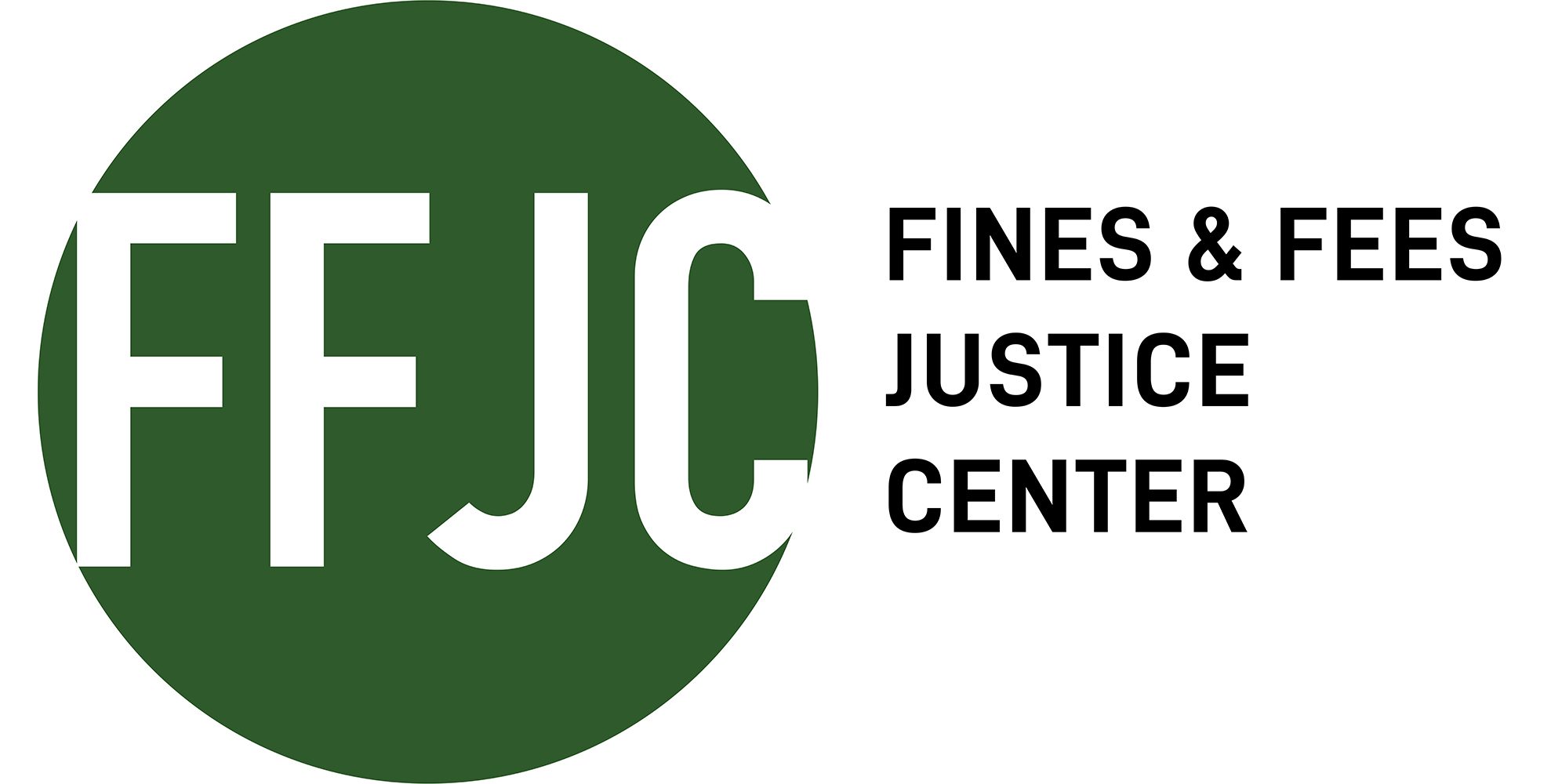This study explores the hypothesis that police officers are “agents of budget maximizing principles,” and therefore consider their local government’s fiscal status and whether the driver votes in local elections or would be likely to contest the fine in court when deciding whether to issue a traffic ticket. Using data from traffic stops in 350 Massachusetts municipalities, the authors found that “the likelihood and dollar amounts of fines are decreasing functions of local property tax revenue”—in other words, the more cash-strapped a municipality is, the more likely police officers are to issue traffic tickets (and larger traffic tickets). The authors also found that towns with higher police budgets (and therefore higher minimum and maximum police salaries) tend to bring in more money from fines, indicating that police have incentives to increase fine revenues.
Notably, Massachusetts explicitly limits municipalities’ ability to raise property taxes, and the authors refer to previous studies suggesting that this property tax cap made municipalities more reliant on non-property tax revenues (such as fines and fees). A municipality may only raise property taxes beyond the cap if voters approve an “override referendum.” The authors found drivers (and particularly out-of-state drivers) were more likely to be fined in municipalities that rejected property tax cap increases, which suggests that traffic fines are a means for municipalities to “export taxes” to nonvoters.
You can read the full text of the study here.
Key Findings
- On average, a driver who lives and votes in a municipality where they are stopped by police has a 30% chance of getting a ticket (during the two-month study period), whereas an out-of-state driver has a 66% chance. The in-state driver would face an average fine of $118, while the out-of-state driver would face an average fine of $126.
- Drivers are 26% more likely to be fined when they are stopped in municipalities where voters rejected an override referendum (i.e. increase in taxes); if the driver is from another state, that likelihood jumps to 38%. This association did not appear for stops made by state police, suggesting that local police are responding to local fiscal conditions.
- When ticketed by local police, out-of-town drivers paid a 4% higher fine and out-of-state drivers paid a 12% higher fine compared to local drivers.
